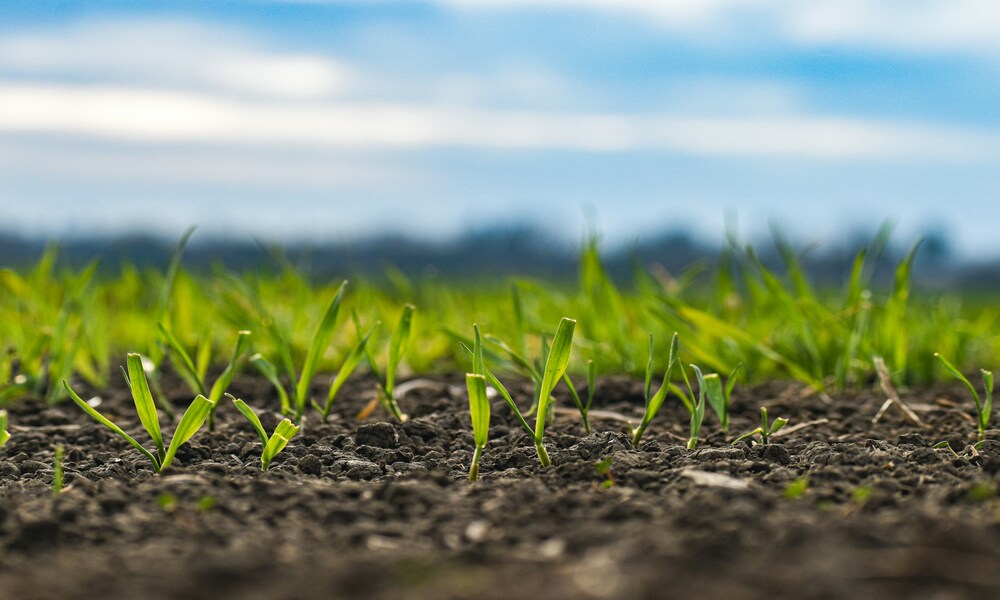A new poll recently revealed that hydrogen tops the list of preferred technologies, but reliability concerns remain a key barrier.
More than a third of UK farm business decision makers would consider moving away from diesel-powered machinery in the future, according to new research from agricultural intelligence specialists Kynetec.
The LOCUS Poll, which surveyed 1,506 UK farmers during August 2025, found that 37% would consider non-diesel powered machinery in the future, with a further 1% actively looking into alternative fuel options now. However, 48% said they would not consider making the switch, whilst 13% remained undecided.
Enterprise Type Makes a Difference.
The research revealed significant differences based on farm type. Cropping-only farms showed the greatest appetite for change, with 46% saying they would consider alternative fuels in the future. Mixed enterprises followed at 42%, whilst livestock-only farmers appeared more cautious, with just 29% willing to consider the technology.
Hydrogen Leads the Pack.
When asked about their preferred alternative technology, hydrogen emerged as the clear frontrunner among those open to change. The fuel was particularly popular with cropping and mixed farms, though livestock enterprises showed similar interest alongside a stronger appetite for electric technology compared to other farm types.
Reliability Trumps Price Concerns.
Surprisingly, cost was not the primary barrier to adoption. Of the 603 farmers who explained why they wouldn’t consider alternative fuels, reliability concerns dominated the conversation. A third cited the need for proven reliability as their main reservation, whether based on perception or actual experience with the technology.
Price concerns came further down the list, mentioned by just 15% of respondents – the same proportion who said they simply weren’t looking to invest at present. A quarter said they were happy with their current diesel setup, whilst 3% felt battery life needed improvement before they would make the switch.
Age and Experience Factor.
The poll also examined responses by time spent in farming, revealing varying attitudes across different generations of farmers. The data suggests that experience and age play a role in openness to alternative fuel adoption, though both positive and negative views were represented across all age brackets.
A Representative Sample.
The LOCUS database provides a comprehensive picture of UK farming opinion, covering 4.84 million hectares – representing 28% of UK farmland. With a sample size 100 times larger than typical electoral exit polls and a confidence interval below 5%, the research offers robust insights into farmer attitudes.
As the agricultural sector faces increasing pressure to reduce emissions and explore sustainable alternatives to diesel, understanding these attitudes will be crucial for manufacturers, policymakers, and the industry as a whole.
Source:
The LOCUS Poll was conducted in August 2025 with 1,506 UK farm business decision makers. https://www.kynetec.com/





